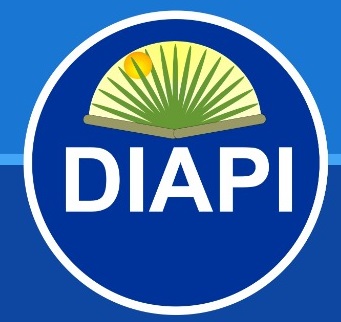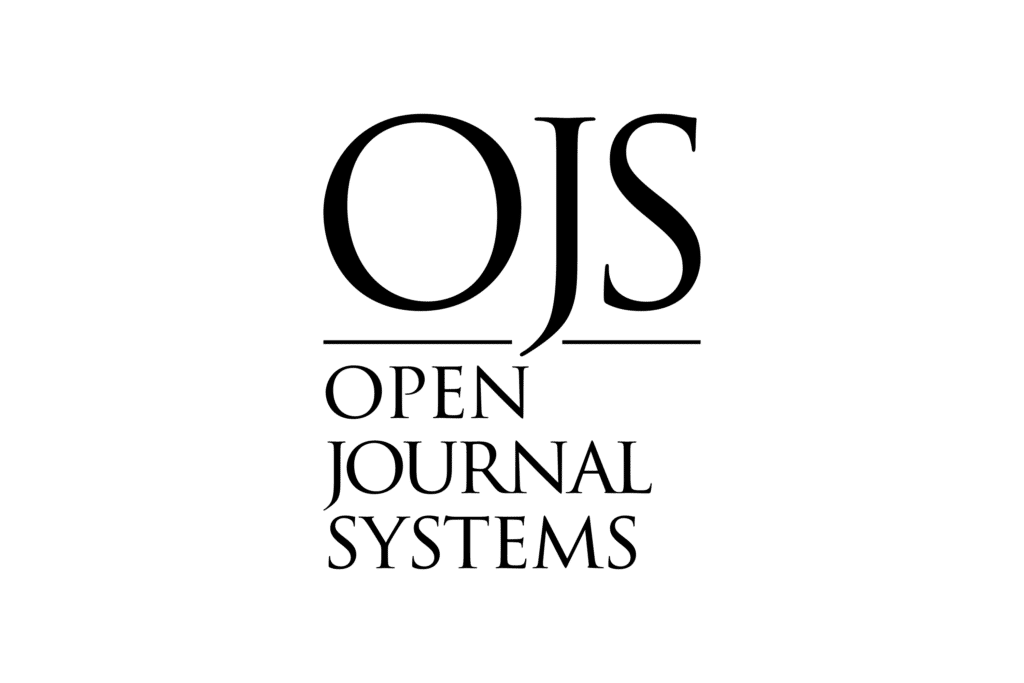DIDACTIC PAMPHLET OF TECHNICAL OF PARTICIPATION, TO ELEVATE THE QUALITY OF THE CLASS OF PHYSICAL EDUCATION
DOI:
https://doi.org/10.52579/diapi.vol2.i.a13597Keywords:
Quality, Participatory Technique, Brochure, Physical Education, DidacticAbstract
The physical education has as the objectives herein of life stage to collaborate with in the formation and moral worth’s consolidation and social of the personality, as the discipline, the fighting spirit, the collectivism among others. exist several premises that they govern this activity which they offer a knowledge of how must put on the right road this pedagogic process's work, nevertheless it is important since it happens to me that they must be interested in the theme's nature, the of the educational work's utilization give birth to (subj) and he is united with the pupil's independent activity through the professional association. for that matter we have as an alternative the techniques Grupaleses communicative.
Downloads
References
Barrios J y Ranzola A. (1998). “Manual para el deporte de iniciación y desarrollo”. La Habana, Editorial Deportes INDER José Antonio Huelga.
Bauleo, B y Pavlovsky. S.(1983) “Lo Grupal”. Ed. Búsquedas.
Colectivo de autores. (1995). “Aprender haciendo”.” Los métodos participativos de enseñanza. Editorial Pueblo y Educación. Ciudad de la Habana.
Colectivo de autores. (2005). “La gimnasia y la educación rítmica”. La Habana. Editorial Deportes.
Colectivo de autores. Instituto Superior de Cultura Física ”Manuel Fajardo”.(1998 ). ”El ejercicio físico como medio fundamental de la Educación Física”.
López A. (2004). ”Enfoque integral de la Clase de Educación Física”. Editorial Pueblo y Educación. Ciudad de la Habana.
Petrovski, A. V. (1970) “Psicología General”. Ed. Pueblo y Educación. La Habana.
Pichón-Rivieri,E “Teoría del Vínculo”.Ed. Ediciones Nuevas .Buenos Aires.
Pila Teleña, A. (1987.) ‘Didáctica de la Educación Física y Deportes”. Editorial Olimpia: San José.
Downloads
Published
How to Cite
Issue
Section
License
Direitos Autorais
A submissão de originais para a Diálogos e Perspectivas Interventivas (DIAPI) implica na transferência, pelas(os) autoras(es), dos direitos de publicação. Os direitos autorais para os manuscritos publicados nesta revista são das(os) autoras(es), com direitos da DIAPI sobre a primeira publicação. As(os) autoras(es) somente poderão utilizar os mesmos resultados em outras publicações indicando explicitamente a DIAPI como o meio da publicação original.
Licença Creative Commons
Exceto onde especificado diferentemente, aplicam-se à matéria publicada nesta revista científica os termos da licença Creative Commons Attribution-ShareAlike 4.0 International License, que permite o uso irrestrito, a distribuição e a reprodução em qualquer meio desde que a publicação original seja corretamente citada.













 Esta obra está licenciada com uma Licença
Esta obra está licenciada com uma Licença 